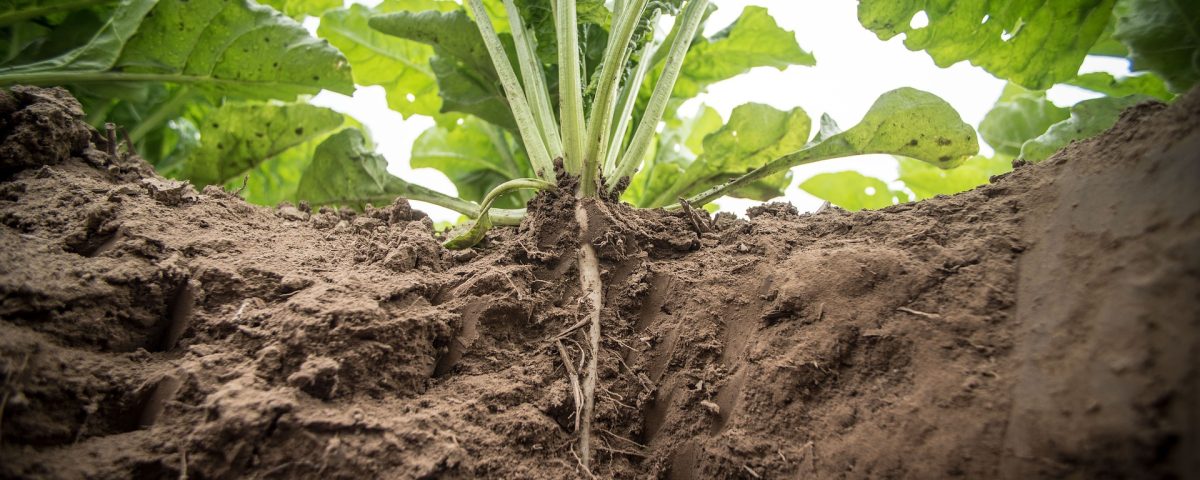
FRANCE: 2022 national memos on the sustainable management of resistance to fungicides
14 February 2022
FRANCE – ANSES: Products classified as CMR2 – Safety distances setting for residents and bystanders
17 February 2022Early February was published the Order of 31 January 2022 authorising for 120 days the use of sugar beet seeds coated with the neonicotinoids imidacloprid or thiamethoxam for the 2022 season, and defining the list of succeeding crops that are subsequently authorised for the next 3 years.
This decision is justified by the Ministries of Agriculture and Environment because:
- the meteorological forecasts, on the one hand, and the available data on viral reservoirs, on the other hand, do not allow to rule out a significant infestation by the beet yellow virus in 2022, and,
- no operational alternative techniques are available for implementation over the 2022 campaign to avoid beet jaundice.
The mitigation and compensation measures provided for in Annex 2 bis of the previous version of the Order to anticipate maize and oilseed rape seeding have not been maintained. Anses concluded that the effectiveness of these measures is not currently demonstrated in the framework of a use in agricultural production (Opinion of 06 October 2021).
As regards the list of authorised succeeding crops, the 2022 Order includes additional crops which are listed below:
- First following year: Sugar beet (except neonicotinoid-treated seeds), Spelt, Spinach for seed production, Forage grasses for seed production, Bean, Miscanthus, Soybean, Tobacco, Triticale, Tritordeum;
- Second following year: Millet, Quinoa;
- Third following year: Lupin, Buckwheat, Sorghum.
Further to a referral from the Government, Anses had concluded in its Opinion of 13 December 2021 that the available information does not allow for an earlier return in the rotation for Potato, Flax, Linseed, Peas and melliferous vegetable crops (Broad bean, Bean, Legumes, Pumpkin and Squash, Vegetables for seed production and Perfume, aromatic and medicinal plants and spices).
In parallel with the temporary authorisation of neonicotinoids, research is being carried out within the framework of the National Research and Innovation Plan in order to develop and make operational alternative methods to avoid beet jaundice. The research programme comprises 21 ongoing projects. This year, 250 hectares will be used to test alternative solutions under field conditions and in 2023, an additional 250 hectares will be allocated to facilitate knowledge transfer.
To download (in French):
Joint Ministerial Order of 31 January 2022 as regards the provisional authorisation of sugarbeet seeds treated with imidacloprid- or thiamethoxam-based plant protection products and the succeeding crops that can be seeded, planted or replanted
Outcome of the Public Consultation
Rationale for the Joint Ministerial Decision
See also our previous articles:
FRANCE: Ban of Neonicotinoids – the 2021 Derogation for Sugar Beets Validated
FRANCE: Ban of Neonicotinoids – A Derogation for Sugar Beets
Lynxee consulting’s team is at your disposal to answer your questions.
Contact us! http://lynxee.consulting/en/contact/


